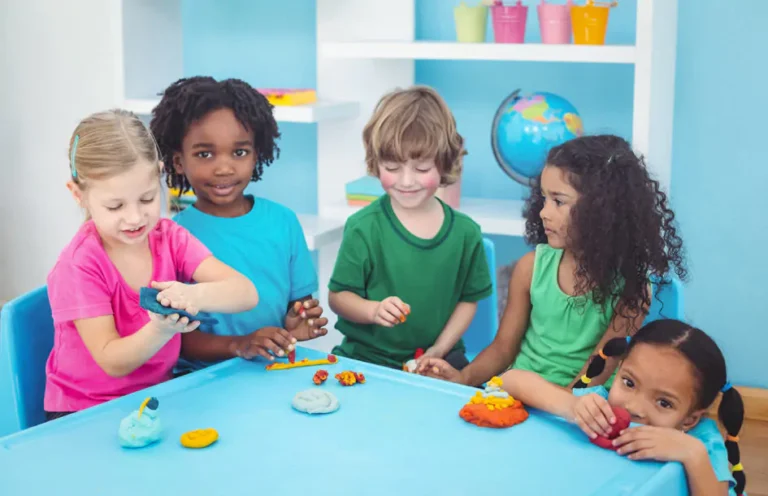Day care (安 亲 班) programmes offer primary school children essential social development opportunities outside the home environment. These structured environments provide safe spaces where children can practise interpersonal skills with peers their own age. Quality day care centres focus on nurturing emotional intelligence alongside academic support.
The Science Behind Social Development
Research shows that children who attend day care (安 亲 班) develop stronger communication abilities compared to those who don’t. Social interaction during these formative years helps build neural pathways that support lifelong relationship skills. Premium day care facilities understand this connection and design activities that encourage meaningful peer engagement.
Key Social Skills Developed in Day Care Settings
Effective Communication and Expression
Day care (安 亲 班) environments teach children how to express their thoughts clearly and listen actively to others. Children learn to articulate their needs, share ideas, and engage in meaningful conversations with both peers and adults. These communication foundations become essential tools for academic success and future workplace collaboration.
Conflict Resolution and Problem-Solving
Disagreements naturally arise when children spend time together in day care (安 亲 班) settings. Skilled facilitators guide children through these conflicts, teaching them healthy ways to resolve disputes and find compromises. Children develop emotional regulation skills and learn to see situations from multiple perspectives.
Teamwork and Collaboration
Group activities in day care programmes require children to work together towards common goals. Children learn to share responsibilities, support team members, and celebrate collective achievements. These collaborative experiences build confidence and teach the value of cooperation over competition.
Benefits That Extend Beyond Childhood
Academic Performance Enhancement
Students who develop strong social skills through day care (安 亲 班) programmes often show improved classroom behaviour and academic engagement. Social confidence helps children participate more actively in school discussions and group projects. Teachers report that socially skilled students adapt more easily to new learning environments and challenges.
Future Career Preparation
The social skills learned in day care settings translate directly to professional success in adulthood. Employers consistently rank communication, teamwork, and interpersonal abilities among the most valuable employee qualities. Children who master these skills early gain significant advantages in their future career paths.
Mental Health and Emotional Wellbeing
Strong social connections formed through day care (安 亲 班) experiences contribute to better mental health outcomes. Children with well-developed social skills report higher self-esteem and lower anxiety levels throughout their school years. These positive relationships provide emotional support systems that last well into adulthood.
Creating Supportive Social Environments
Structured Social Learning Opportunities
Premium day care (安 亲 班) programmes deliberately create opportunities for social skill development through carefully planned activities. Role-playing exercises, group discussions, and collaborative projects help children practise social interactions in low-pressure settings. Professional staff members guide these interactions to ensure positive outcomes for all participants.
Peer Mentoring and Support Systems
Mixed-age groupings in day care environments allow older children to mentor younger ones, developing leadership skills and empathy. These relationships create natural support networks where children feel comfortable seeking help and offering assistance to others. Peer mentoring builds confidence and reinforces positive social behaviours across all age groups.
Cultural Awareness and Diversity
Day care (安 亲 班) settings often bring together children from diverse backgrounds, fostering cultural understanding and acceptance. Children learn to appreciate differences and find common ground with peers who may have different traditions or languages. This exposure builds tolerance and prepares children for an increasingly connected world.
Conclusion
Day care (安 亲 班) programmes provide invaluable opportunities for primary school children to develop essential social skills in supportive, structured environments. These early experiences in communication, collaboration, and conflict resolution create foundations for lifelong success in relationships, academics, and careers. Investing in quality day care that prioritises social development alongside academic support gives children the tools they need to thrive in our interconnected world.


Comments are closed.